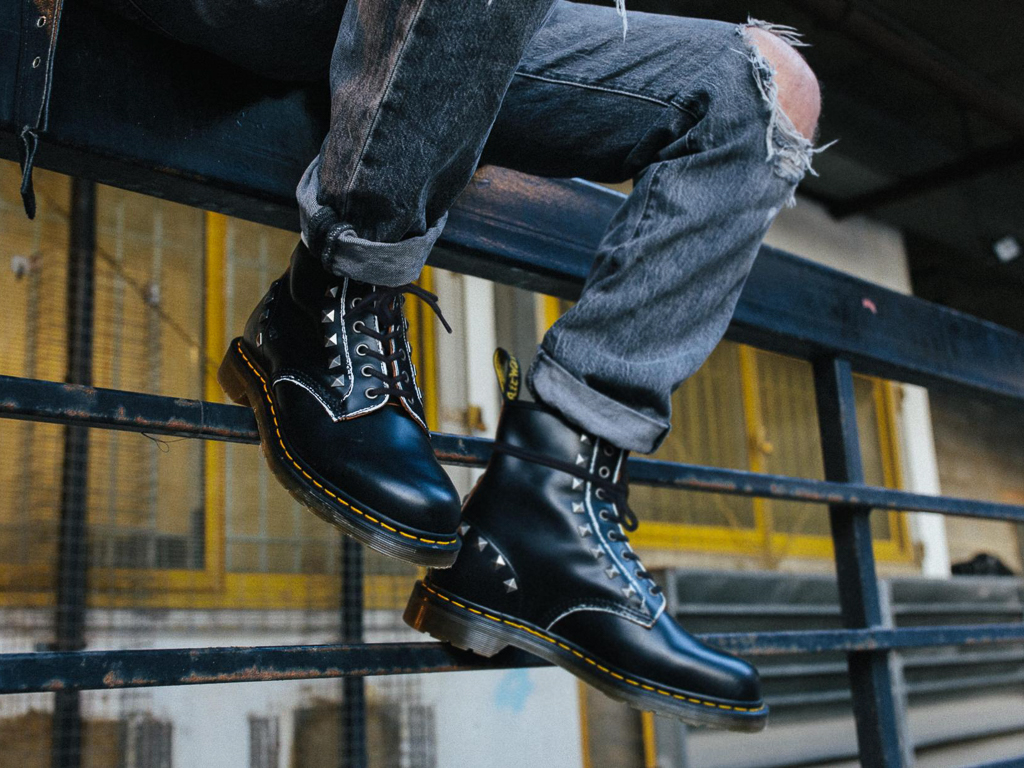3 Mins Read
From a small boot line in the English Midlands to a globally renowned wardrobe staple, Dr. Marten’s boots have endured over the years and remained a popular fashion choice. The brand has kept it’s cool and relevance by producing a line of vegan-friendly boots – which have shot up their sales in recent years. To keep up with the eco-conscious and animal-friendly fashion trend, other brands have similarly started to produce and sell products that appeal to the growing plant-based population.
A spokesperson for Dr. Marten’s told Quartz recently that between 2017 and 2019, the company saw an astonishing 279% increase in the pairs of vegan shoes sold. Since the line was launched in 2011, the company’s global footwear sales have risen by 5%. In using the popular leather substitute polyurethane (PU), which resembles real leather, the company is able to offer options to the growing group of consumers who love the iconic ‘70s subculture bootmaker but are increasingly concerned about animal welfare issues.

There has been a proliferation in the number of vegan-friendly alternatives to animal fashion products on the market – especially due to the raised awareness of animal cruelty. Stella McCartney, for instance, has described her brand as “vegetarian” for ethical reasons. In 2018, Donatella Versace declared “I don’t want to kill animals to make fashion.”
READ: The Best Vegan Fashion Finds From Puffy Coats To Leather Boots
However, whether leather alternatives are eco-friendly are another matter altogether. Though rid of the harm to animals associated with leather and other animal-based products, widely-used alternatives such as PU and PVC are plastic and petroleum-based. While PVC produces toxic chlorine and emits dioxins into the environment, the raw materials to make PU comes from fossil fuels.
Some brands have therefore shifted away from traditional leather alternatives to greener substitutes made from agricultural waste. Apple leather, for instance, combines the waste from Italian apples with PU and is used to make the trendy chunky sneakers from Italian brand Womsh. These use less water, help tackle food waste, and emits fewer greenhouse gas emissions than pure synthetics. But because they are more costly to manufacture, and the quality remains uneven, other brands are still mostly sticking to environmentally damaging leather alternatives for now.
READ: The Fabrics of The Future Will Come From Mushrooms & Pineapple
While we are still some steps away from a widely commercially adopted planet-and-animal-friendly leather alternative, we can be hopeful that consumers can drive the push. Indeed, a 2018 Nielsen report indicates that the market demands companies to care about the environment as well as the community. In this era of sustainability, textile manufacturers and fashion companies must develop products that take these into consideration in order to stay relevant.
Lead image courtesy of Dr. Martens.




